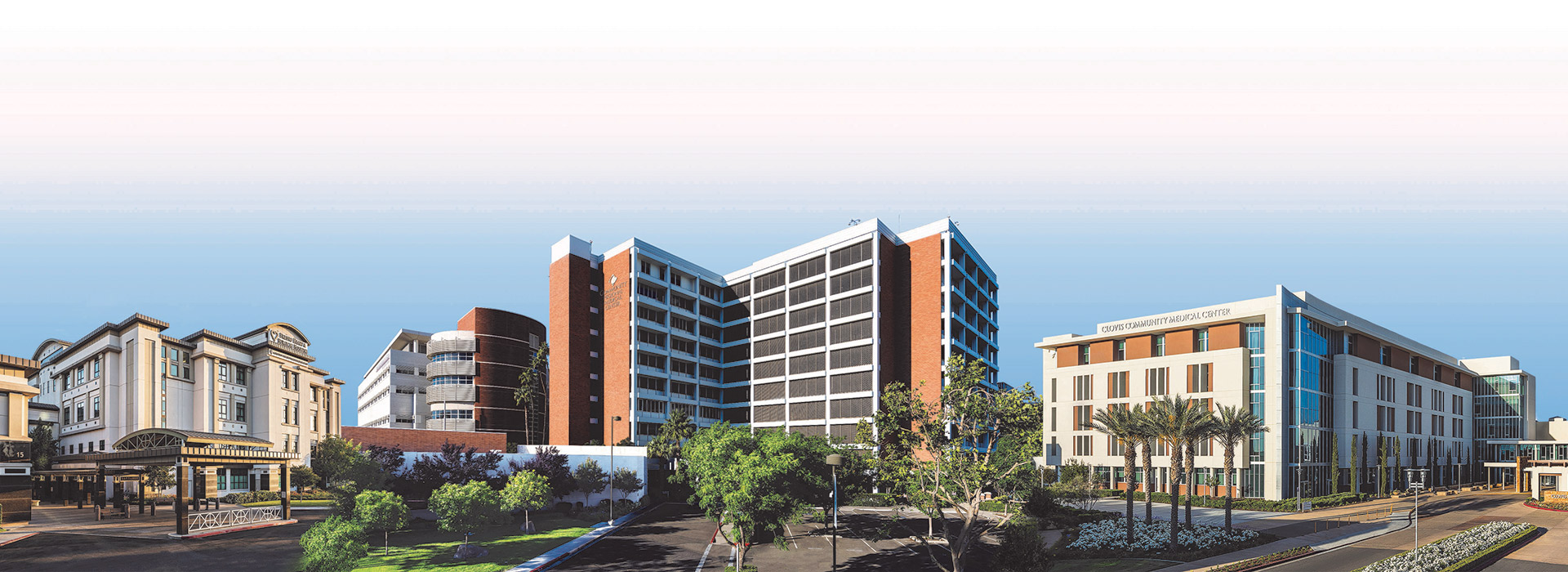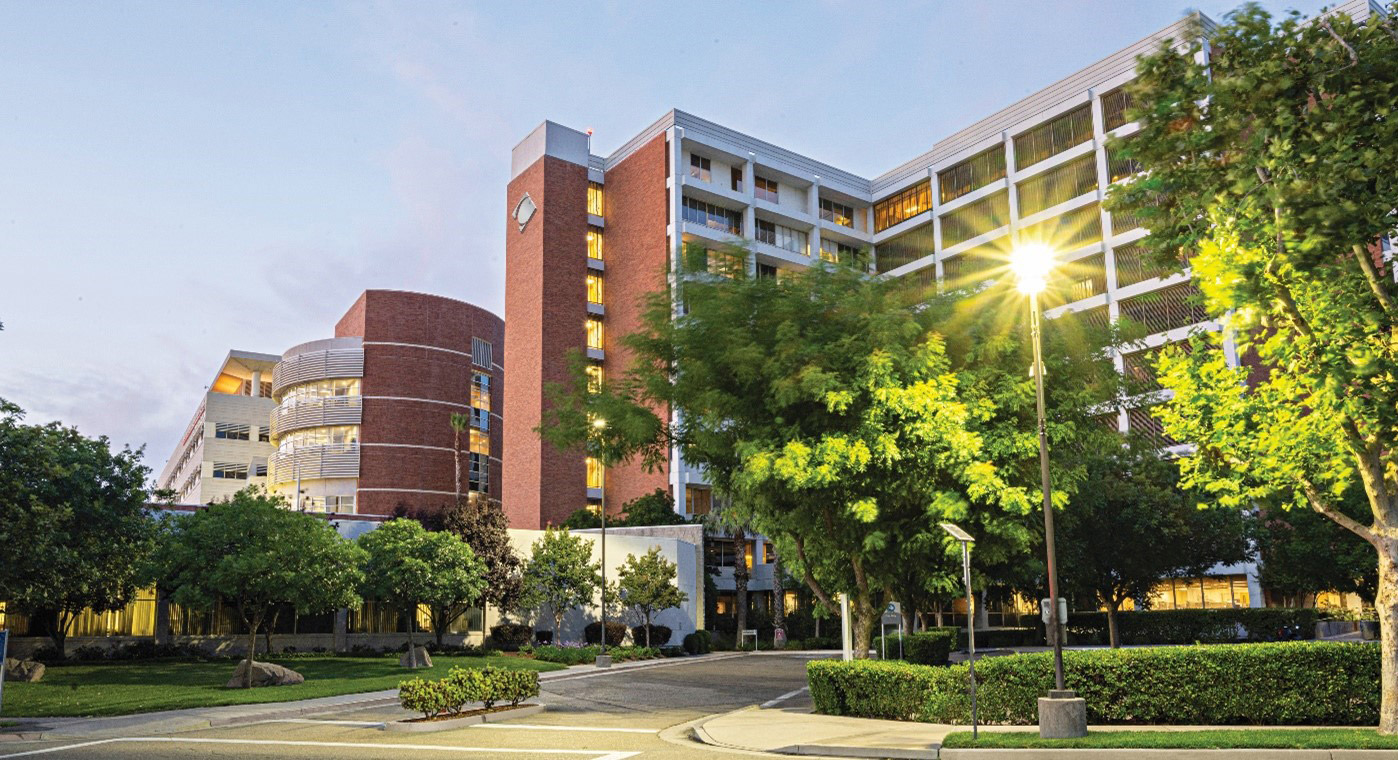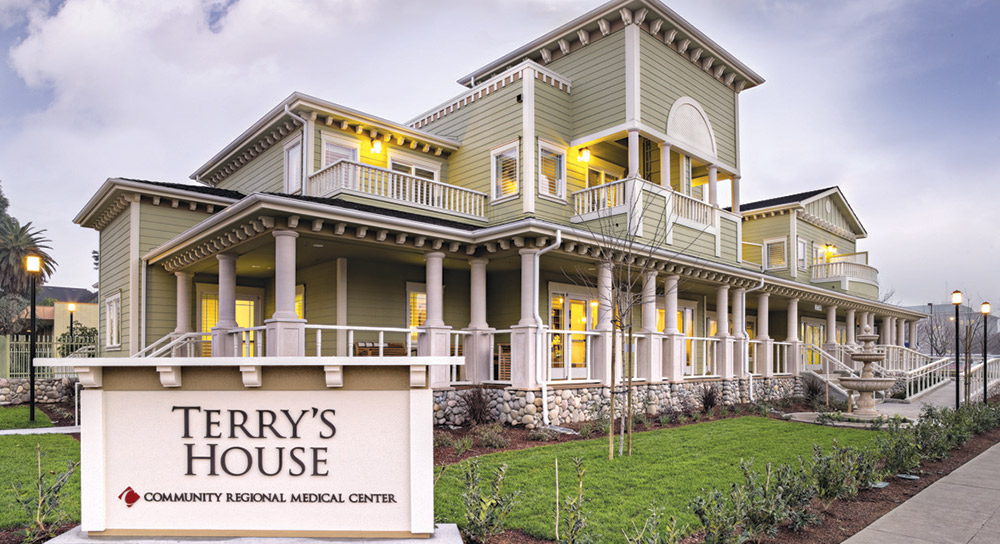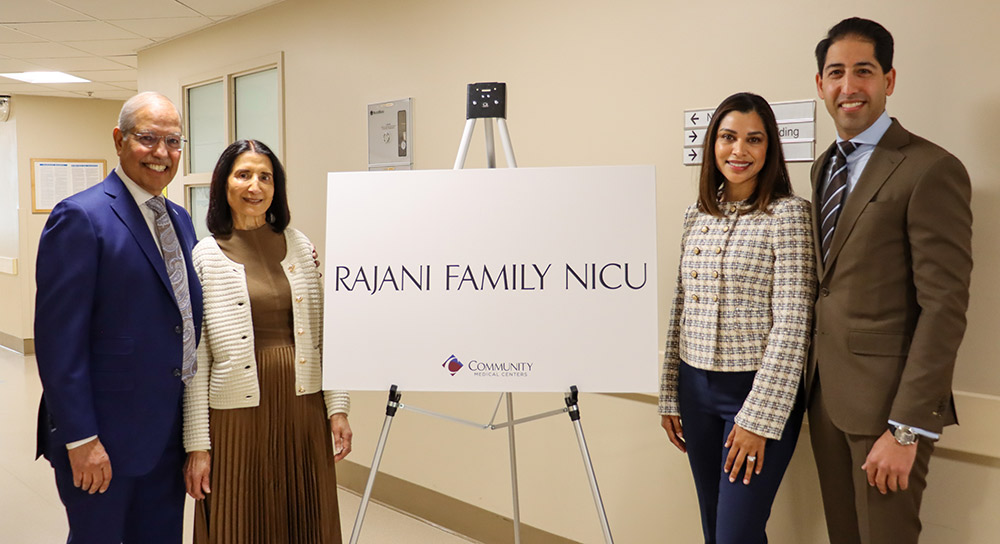Rick Hatton says he nearly died from stubbornness -- stubbornness which kept him from getting a routine colon screening at age 50 and from seeking medical attention when he started seeing the classic signs of colon cancer.
The 56-year-old Clovis tile layer ignored stomach pains, changes in his stools, weight loss and blood loss that left him so pale and weak that friends finally called an ambulance. By the time he got to Community Regional Medical Center he had stage 4 cancer that had spread to most of his liver. Hatton says he should’ve known better since his father died of colon cancer at 29. “I was just being a stubborn old man,” he said. “I was having changes every two months for a long time. And I had pains in my stomach. But I just thought it was a hernia. I put a (weightlifting) belt on, cinched it up and thought this will be okay for a while. I can handle it.”
After emergency surgery in March to remove a bowel blockage and about five inches of his large intestine, Hatton was referred to the UCSF Fresno hepatobiliary-gastrointestinal cancer team at Community Regional, a group of 20 that meets weekly on all patients with cancer of the liver, blood, stomach or digestive track. The team includes a general surgeon, medical oncologist, radiation oncologist, radiologist, interventional radiologist, gastrointestinal specialist, hepatobiliary surgeon, pathologist, as well as a social worker, a nutritionist, and nurse practitioners representing surgery, medical oncology and palliative care, plus research nurses and a nurse navigator to guide patients through every step of treatment.
Dr. Babak Eghbalieh, a general surgeon specializing in hepatobiliary-pancreatic surgery and a UCSF faculty member, said the team delivers personalized medicine tailored uniquely to each individual. When appropriate, patients benefit from being involved in clinical research trials with UCSF, ranked the best research facility in the U.S. “There truly isn’t a single cancer of this type that needs to leave the Valley for treatment and certainly not Community Medical Centers,” said Dr. Eghbalieh.
Hatton spent nine days in the hospital recovering from bowel surgery. He had lost more than 60 lbs. off his 6-foot frame and had lost nearly two-thirds of his blood supply before the cancer was discovered. Community’s cancer team put him on chemotherapy to shrink the tumors in his liver and sent him home to gain weight and strength for his next surgery. Six month later, Hatton was back at Community’s downtown Fresno hospital to have 70% of his liver removed in a nine-hour surgery involving two surgeons – Dr. Amir H. Fathi, a liver cancer expert, and Dr. Eghbalieh. There were five tumors in the left side of the liver, including one that was golf ball sized, and scar tissue from the previous surgery that had to be removed before Hatton’s intestines could be reattached and his colostomy bag removed.
A week after the surgery, Hatton declared he was feeling “wonderful.” He had high praise for all of his caregivers and the way he was supported: “They’re like family.” The nurse navigator was key to that support. “Cancer is not just a physical disease. It has significant psychosocial ramifications as well,” Dr. Eghbalieh explains. “And that psychosocial aspect, the fear, the tension, the constant stress often prevents patients from making the right decisions or going where they need to go for treatment. The ability to see that they are not alone, makes a significant difference not only in the short-term outcome but also in the long term, because life is all about hope.”
Both Dr. Eghbalieh and Hatton say there is a lesson from this medical miracle – colon cancer screening can save your life and even prevent cancer. “Cancer is the jackhammer to the head that reminds us all we have limited time,” said Dr. Eghbalieh. Hatton couldn’t agree more.
Signs of colorectal cancer to watch for:
• Blood in your stools
• Cramping or stomach pain
• Unexplained weakness and fatigue
• Weight loss
• Diarrhea, constipation or narrowing of stool that lasts more than a few days
• Feeling as if you need to have a bowel movement even after you’ve gone
Ask your doctor about scheduling a colonoscopy now.
Erin Kennedy reported this story. Reach her at MedWatchToday@communitymedical.org




_80.jpg)


